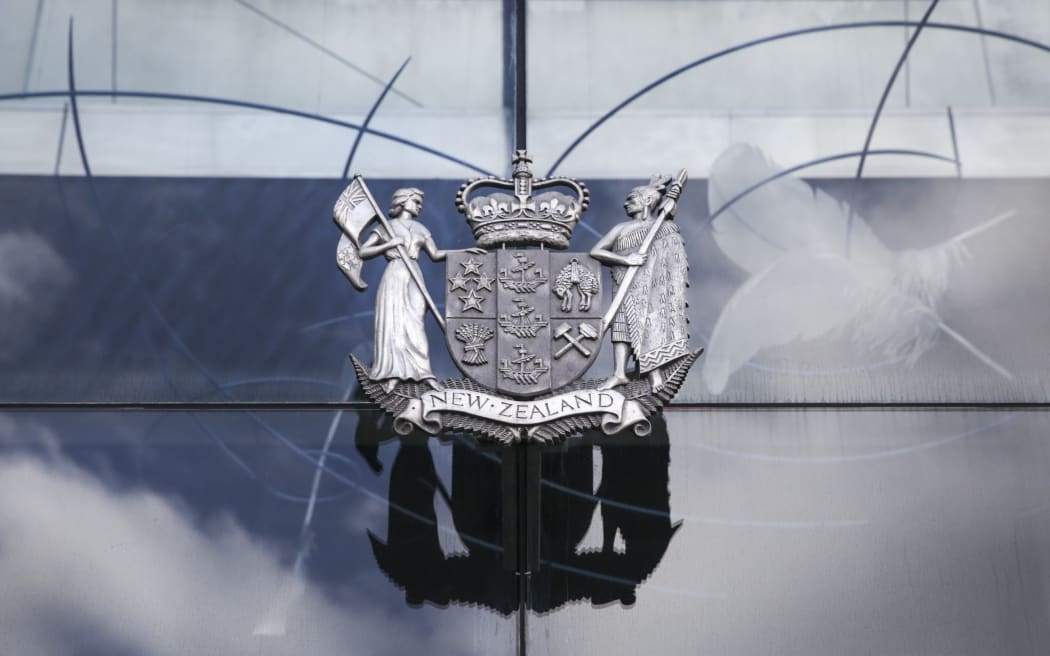Government ordered to review Emissions Trading Scheme settings

The High Court has ordered that the Emissions Trading Scheme settings must be reconsidered.
The government was ordered to take another look at its Emissions Trading Scheme (ETS) settings after a judicial review brought by the Lawyers for Climate Action New Zealand group.
Minister for Climate Change James Shaw now has until 30 September to reconsider the ETS unit limit and price control settings to be used from 2023 until 2027.
The Emissions Trading Scheme (ETS) is a government-run market designed to control emissions by requiring companies that release pollution to pay for credits according to the amount of emissions the create. The plan is to raise the prices over time, encouraging companies to innovate and to pollute less.
The judicial review found Shaw accepted there had been flaws in recommendations made to Cabinet in December, before Cabinet decided on the ETS settings.
The Climate Change Commission had recommended cutting the number of ETS units available and tackling large stockpiles of existing units. But Cabinet rejected that advice and allowed the carbon credit price to rise, citing the cost of living.
The judicial review found that minister Shaw accepted the process would have to be re-done.
The High Court ruling should be a wake-up call for the government, one of the Lawyers for Climate Action members told RNZ.
Authorities had not been prioritising measures to tackle climate change, James Every-Palmer KC, said.
And globally, leaders were struggling with what to do.
"They're making trade-offs about what's important to the voters in terms of the here and now and the short term.
"And also individual countries are concerned that things that they do, unless they're the largest countries, don't make a difference by themselves because it depends what everyone else does. So that's a really difficult political conundrum to work through."

Every-Palmer said governments could not be allowed to continue putting off difficult action.
"If cabinet makes a decision which prioritises the cost of living over reducing unit availability in order to reduce our emissions, then there's going to be a loss of confidence in the ETS's mechanism.
"I'm optimistic that the learnings we've had over the last seven months, that cabinet wouldn't make the same decision again."
The government said it would look to apply the High Court ruling.
Shaw said people should be able to challenge the government on climate change decisions and this ruling showed that system was working.